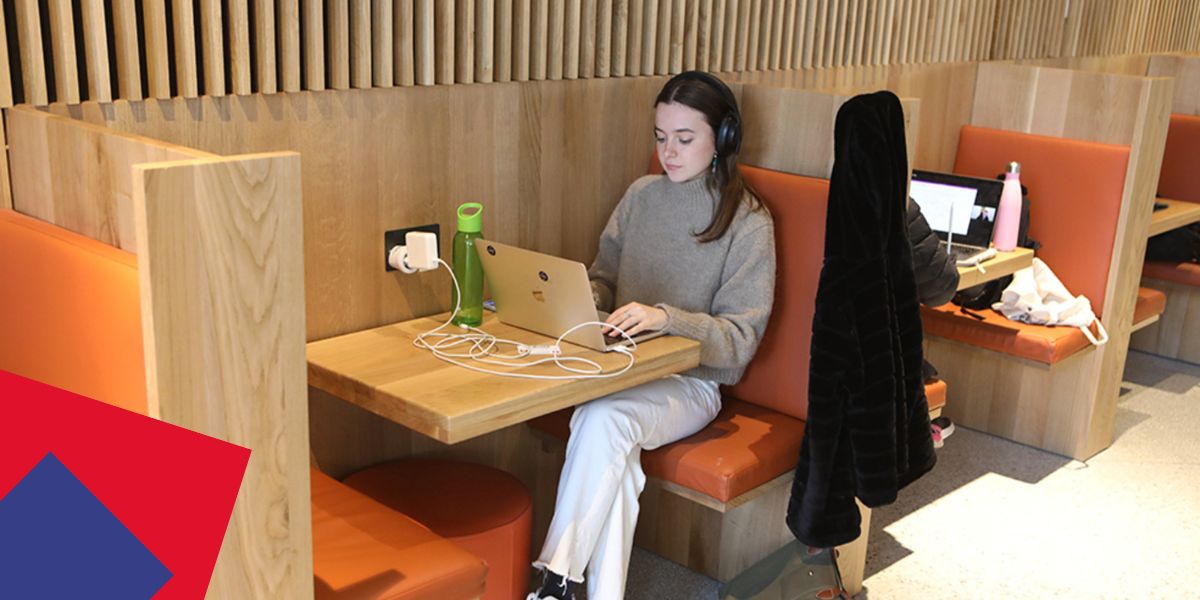As a first-year student at LSE, there were times when I struggled to deal with certain coursework that was of a different format from high school essays. Of course, our professors would answer content-related questions or provide clarifications on assessment guidance. But what if my weaknesses came from structuring essays? What if I always ran out of time and handed in my formative assessments at the last minute? If you’re struggling with study skills, LSE LIFE is the go-to service. Here I share my top tips on how to best utilise LSE LIFE.
LSE LIFE Workshops
LSE LIFE offers a wide range of academic skill workshops, both in-person and online. The workshops follow the assessment schedule as closely as possible – for instance, avoiding plagiarism and structuring good essays are popular during Autumn and Winter Terms when a lot of students have to hand in assessed coursework. During the Spring Break, they provide sessions that specifically target exam preparation, so that students can nail their upcoming end-of-year exams. In April 2023, I attended one that taught me how to write timed essays that LSE markers wanted to read. It was incredibly helpful!
Another beneficial workshop that I attended was the LSE100 X LSE LIFE Series. LSE100 is a compulsory half-unit module for all first-year undergraduate students, and its assessments are different from other modules in the sense that they emphasise interdisciplinarity. LSE LIFE workshops provided help and clarification with LSE100 Winter Term assessment-related questions.
Although your academic mentor will not force you to attend specific workshops or events, you can benefit from schoolwide academic support, such as LSE LIFE, as long as you’re up for it.
One-to-one Sessions
You can also book one-to-one sessions with LSE LIFE study advisers via the Student Hub. This is either conducted on campus in LSE LIFE Workspace 1 in the Library, or online via Microsoft Teams. Unlike workshops that deliver general tips on a given topic, appointments can address your personal study concerns. Of course, that doesn’t mean that you can show your full draft essay and ask the study advisers to provide specific feedback for you. Any academic-related questions are to be directed to your professors. However, you can get access to plenty of study aid resources. For instance, I asked them for advice on time management – I was having a hectic term as I had to manage my studies and Model United Nations (MUN) conferences simultaneously. They suggested planning backwards; they gave me a LSE LIFE calendar and advised me to mark the key dates of my assessment deadlines and MUN dates. From there, I could figure out what I have to prioritise every day and create short-term and long-term plans to deal with both of them. I found it challenging to share my personal time management concerns in front of others during the Time Management workshop, so a one-to-one session was a better fit in this case.
LSE LIFE Moodle Page
By this point, some of you may ask: but what if I don’t have time to attend any workshops or appointments, but still need support? Don’t worry, the LSE LIFE Moodle page will be your lifesaver. For those offer holders or prospective students, Moodle is a digital learning platform where you can access resources for each of your modules and submit assignments. LSE LIFE also runs its own Moodle page, and that’s where you’ll be able to access all slides, resources, and activities from past workshops. This may not address your assessment-specific concerns, but it will definitely help you to familiarise yourself with key academic skills such as building reference lists, reading, and taking notes from academic texts. Trust me, these skills are essential regardless of what you’re studying here. And yet, you can’t guarantee that professors will simply teach you these academic skills (especially if you’re a second or third-year undergraduate). That’s why LSE LIFE is here for you – to fill in the skill gaps you may have as you transition from high school to a university.





